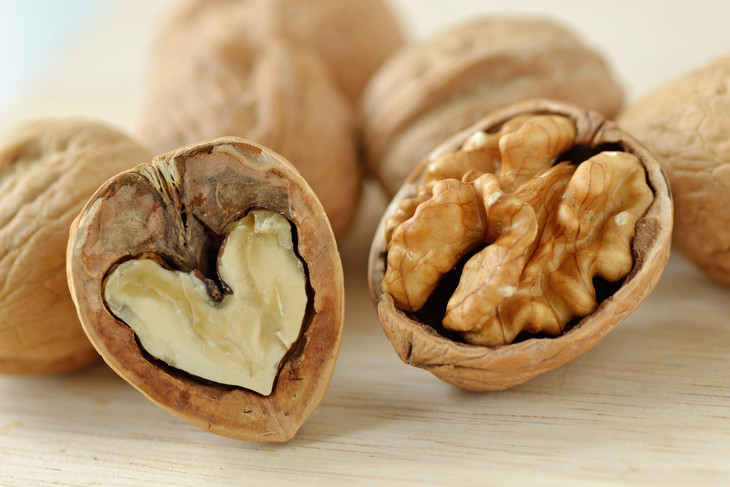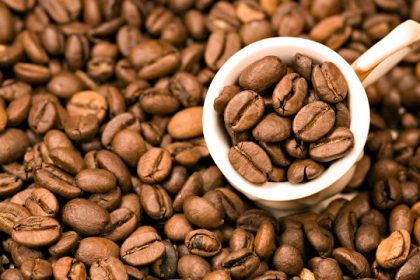|
Audioplayer
Getting your Trinity Audio player ready...
|
The scientific consensus on dietary fat has evolved since the 1950s, when the earliest associations between saturated fat, serum cholesterol, and heart disease began a trend of recommendations to follow an overall low-fat diet; to avoid not only animal fats and oils, but nuts, seeds, and avocado as well. Since the 1990s, studies comparing types of fatty acids firmly established trans fats and saturated fats as responsible for elevating low-density lipoprotein cholesterol (bad cholesterol), with unsaturated fats offsetting these detrimental effects. By 2000, rather than recommending reduction of total fat, the dietary guidelines from the American Heart Association recommended reducing saturated fats and replacing those calories with plant-derived polyunsaturated fatty acids.
Prior to the current increased in awareness about plant-based eating for healing and prevention, nuts and seeds were commonly overlooked as part of a regular diet and only use sporadically as a holiday or special event snack. Many people were uneasy about their high-fat composition, yet those very fats are some of the healthiest and most beneficial ones for us. A general, average quantity of natural, raw nuts or seeds is about one-quarter cup or one handful per serving, with about one to two servings per day. It is most common for people to overindulged in nuts and seeds when they are consume roasted or as part of processed foods, and covered in things like salt, sugar and other additives. The addictive nature of those substances is what is primarily responsible for causing us to eat or overeat them in our diet. That is why we must eat them raw and whole when possible.
Today, in addition to the inverse association with coronary heart disease, there is also a strong inverse association between nut consumption and all-cause mortality. Based on 3 recent meta-analyses that identified a dose-dependent association between nut consumption and all-cause mortality, an increment of 1 serving of nuts per day was associated with a 17-27% reduction in all-cause mortality risk. Multiple studies, have also found improvements in blood flow related to regular consumption of nuts. Nuts are rich in the amino acid L-arginine, which is involved in the production of nitric oxide (a vasodilator or substance that promotes opening of blood vessels). Eating walnuts for example, will provide you with this great benefit.
Nuts and seeds are a rich source of essential and valuable nutrients. These include phytochemicals, antioxidants and minerals such as manganese and copper. Nuts and seeds primarily supply us with healthy fats. They are rich in various fatty acids, mostly unsaturated, but they also contain some healthy saturated fatty acids, omega-6 fatty acids, and valuable omega-3 fatty acids. Aside from being nutritional all-stars, flax, chia and hemp seeds specifically provide nearly perfect omega-3 to omega-6 ratios. In fact, flax and chia seeds are uniquely valuable foods, in that they offer more omega-3 than omega-6 fatty acids. Most foods, especially processed foods, animal foods and oils, provide to much omega-6 and not enough omega-3 if any. This imbalance is related to high levels of inflammation and chronic disease.
Many people wonder if oils are as good as nuts and seeds as a source of fats. The answer is negative. Since oils lack the fiber and food matrix of nuts, presumably oils do not have the weight maintenance properties of nuts, such as incomplete absorption of fat and satiety value. Oils would therefore likely pose a risk of calorie overconsumption and weight gain. There is evidence that nuts increase satiety and suppress appetite. This may result in smaller meal sizes and prolonged intervals between meals, leading to compensation that offsets the energy intake from nuts. Finally, refined oils are devoid of any nutritional value, since most of the nutrients are eliminated during the manufacturing process. Therefore, making refined oils just empty calories.
As you can see the benefits of eating nuts and seeds regularly are endless. Nut consumption is associated with a reduced risk of heart disease and cancer. The multiple body of evidence for nuts’ effects on satiety, lipid levels, and nutritional properties suggests including nuts and seeds, regardless of background diet, generates positive effects in our health.
Sources: International Journal of Disease Reversal and Prevention; Healing & Prevention Through Nutrition by Ochel E.






